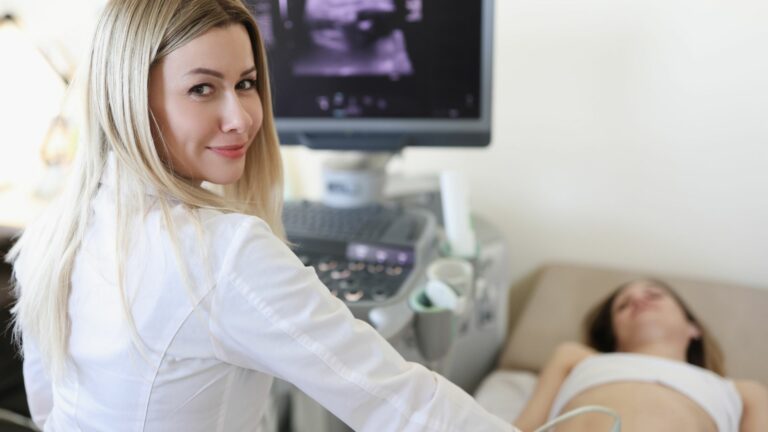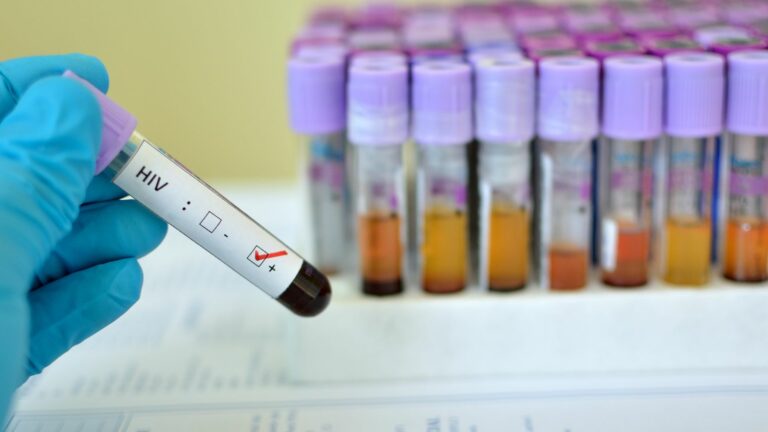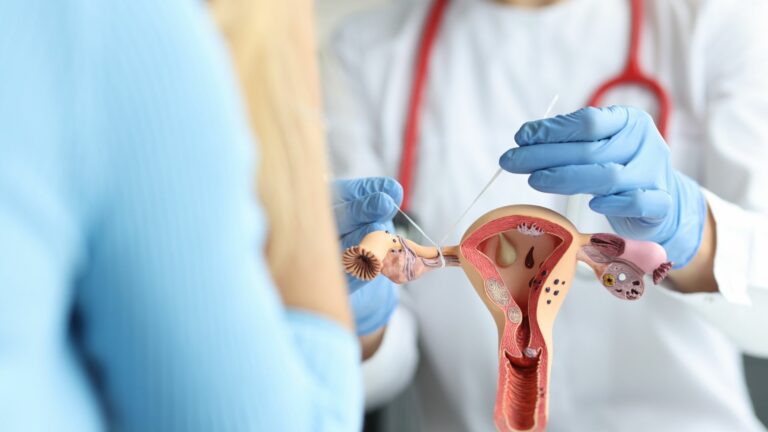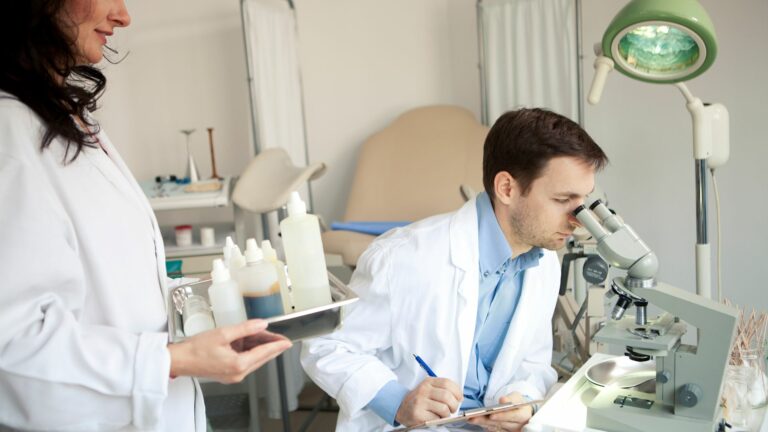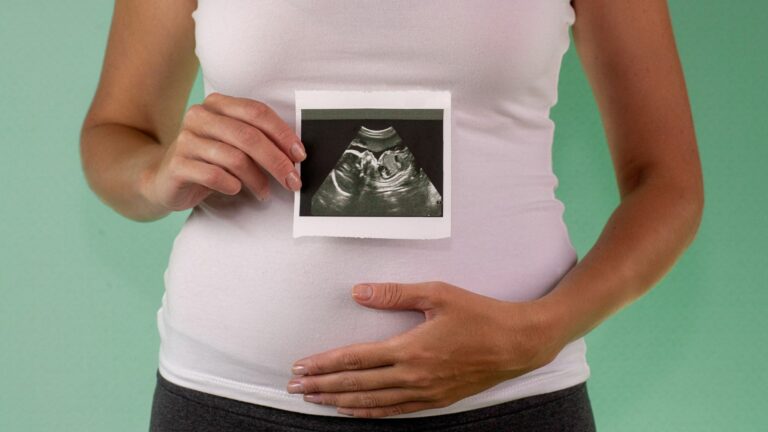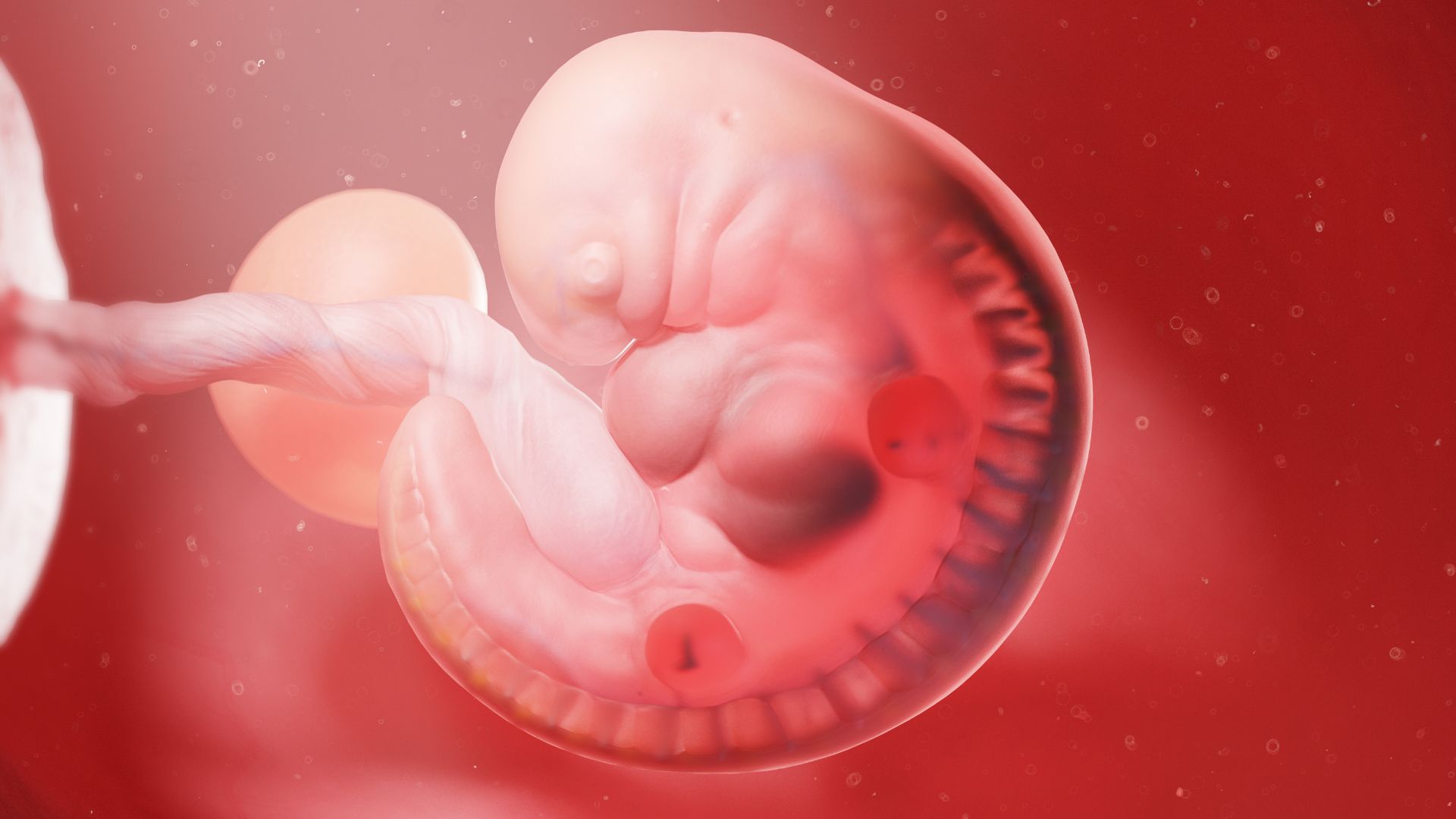
Are you struggling with infertility and considering using donor embryos to build your family? You’re not alone.
Many couples and individuals facing fertility challenges turn to embryo donation as a viable path to parenthood.
But how do you know if it’s the right choice for you? What factors should you weigh before making this important decision?
In this comprehensive article, we’ll delve into the key reasons to consider donor embryos, the essential factors to evaluate, and actionable steps you can take to make an informed choice.
Whether you’re facing repeated failed IVF cycles, carrying inheritable genetic conditions, navigating fertility challenges as a same-sex couple or single individual, or experiencing age-related infertility, read on to learn more.
Key Takeaways
| Insight | Significance |
|---|---|
| Donor embryos can be a compelling option for those facing repeated failed IVF cycles, genetic disorders, advanced maternal age, or other circumstances | Offers a path to parenthood for those struggling with specific fertility challenges |
| Success rates with donor embryos can be higher than using one’s own eggs, especially for women of advanced maternal age | Provides an increased chance of a successful pregnancy and healthy baby |
| Emotional impacts, legal and ethical considerations are crucial to weigh before proceeding | Ensures a thoughtful and responsible approach to this significant decision |
| Seeking counseling, legal guidance, and support from others who have chosen this path is vital | Provides necessary support and expertise to navigate the complexities involved |
| Thorough research and careful deliberation lay the foundation for making an empowered, informed decision | Allows individuals to confidently take steps forward on this path to parenthood |
When Embryo Donation Becomes a Compelling Option
Embryo donation, the process where individuals or couples donate their unused embryos to others struggling with infertility, offers hope to many.
Here are some of the primary circumstances where donor embryos become a compelling choice:
1. Unsuccessful IVF Treatments
For couples who have undergone multiple rounds of IVF using their own genetic material without achieving a successful pregnancy, the emotional and financial toll can be immense.
Donor embryos can provide a chance of using healthier genetic material and bypassing specific fertility hurdles like:
- Poor egg or sperm quality: When a couple’s own eggs or sperm have low quality or fertilization issues, donor embryos offer the potential of using more viable materials.
- Embryo development problems: In cases where a couple’s embryos struggle to develop normally, donor embryos can help surmount this challenge.
- Recurrent implantation failure: If a couple experiences repeated failed implantation attempts with their own embryos, donor embryos with better implantation potential might provide a solution.
If you find yourself in this situation, know that you have options. Consulting with a fertility specialist can help you assess whether donor embryos might be a suitable path forward.
By the Numbers: The national average success rate for a single IVF cycle using a woman’s own eggs under 35 is roughly 32.4% according to SART (Source).
Success rates with donor embryos, while dependent on factors like the donors’ age and health, are generally considered to be higher.
2. Genetic Disorders
Couples who carry inheritable genetic conditions may choose embryo donation to minimize the risk of transmitting these to their child.
By using donor embryos, they can increase the likelihood of a healthy pregnancy and baby.
3. Advanced Maternal Age
For women experiencing age-related decline in their own egg quality and quantity, donor embryos can offer a higher chance of success.
The eggs used to create these embryos typically come from younger donors, which can significantly improve the odds of a healthy pregnancy.
Did You Know? It’s estimated that there are over 600,000 frozen embryos stored in the U.S. alone. However, only a small percentage of these are ultimately used for donation. (Source)
4. Other Circumstances
Same-sex couples and single individuals desiring to build a family may also find embryo donation a fitting choice. It allows them to experience pregnancy and childbirth while using donor genetic material.
Navigating the Embryo Donation Process: A Step-by-Step Guide
If you’re considering donor embryos, here’s a step-by-step guide to help you get started:
- Consult a Fertility Specialist
- Discuss your specific situation, infertility challenges, and potential options
- Undergo any necessary medical evaluations to determine if embryo donation is a suitable path
- Discuss your specific situation, infertility challenges, and potential options
- Explore Resources
- Gather Information
- Educate yourself about the success rates, processes, medical procedures involved
- Learn about the typical screening processes for embryo donors
- Understand the legal rights and responsibilities of donors and recipients
- Educate yourself about the success rates, processes, medical procedures involved
- Create a Support System
- Connect with others who have navigated this path through:
- Online forums and support groups
- Trusted friends or family members
- Mental health professionals specializing in fertility and third-party reproduction
- Online forums and support groups
- Connect with others who have navigated this path through:
Real-World Inspiration: Sarah and Michael, after several unsuccessful IVF cycles using their own eggs and sperm, decided to explore embryo donation.
They took the following steps:
- Thoroughly researched the process and success rates
- Connected with a reputable clinic and underwent medical and psychological evaluations
- Carefully selected donor embryos that met their preferences
- Engaged with a mental health counselor and legal professional for support and guidance
- Leaned on friends, family, and support groups throughout the process
They are now happily expecting their first child and feel confident in their decision to pursue this path.
Essential Factors to Consider
While embryo donation offers hope, it’s crucial to weigh several key factors before proceeding:
Emotional Impact
Embarking on parenthood through donor conception can involve complex emotions for both parents and the future child.
Some essential emotional aspects to consider include:
- Grief and loss: Acknowledging and processing feelings surrounding lack of genetic connection
- Disclosure decisions: Weighing the emotional implications of openness vs. secrecy with the child about their origins
- The child’s perspective: Considering the child’s own potential feelings, questions, and identity development
Tips for Emotional Preparedness:
- Seek specialized counseling: Work with a therapist experienced in third-party reproduction to process emotions and expectations
- Prioritize partner communication: Maintain open, honest dialogue with your partner about hopes, fears, and boundaries
- Embrace support: Engage with support groups and connect with others who have chosen this path
Helpful Resources:
- RESOLVE: The National Infertility Association (Link)
- Offers support resources, community forums, and guidance for those navigating infertility
- Offers support resources, community forums, and guidance for those navigating infertility
- The Donor Conception Network (Link)
- Provides peer support and resources for families formed through donor conception
Legal and Ethical Considerations
The legal and ethical landscape around embryo donation can be complex. Key factors to consider:
- Varying regulations: Laws governing embryo donation differ worldwide. Thorough research into your location’s specific regulations is essential.
- Consent and agreements: Both donors and recipients must provide informed consent and establish clear legal agreements outlining parental rights and responsibilities.
- Ethical perspectives: Varying viewpoints exist regarding the moral status of embryos. Reflecting on your own beliefs and ensuring alignment is crucial.
Action Items for Legal and Ethical Confidence:
- Consult with a specialty lawyer: Work with a lawyer well-versed in assisted reproduction law to navigate contracts and understand your rights
- Research guidelines and regulations: Explore resources from organizations like:
- Examine personal ethics: Devote time to introspection, values clarification, and ensuring comfort with your choices
In India: The Indian Council for Medical Research (ICMR) (Link) provides guidelines for embryo donation practices. Consulting with a clinic adhering to these guidelines and securing legal counsel is crucial.
Your Next Steps: Moving Forward with Confidence
Ultimately, the choice to pursue donor embryos is a profoundly personal one that deserves careful deliberation.
By thoroughly considering the medical, emotional, legal and ethical aspects, you can make an empowered and informed decision about this path to parenthood.
Your Roadmap:
- Consult with a fertility specialist to discuss your individual situation and options
- Seek counseling to emotionally prepare for the unique aspects of donor conception
- Work with a legal professional to understand your rights and secure necessary agreements
- Connect with mental health support and others who have navigated this journey
- Research clinics and donors, ensuring practices align with your priorities and values
- Make a thoughtful, intentional decision in line with your personal ethics and goals
The choice is yours. By educating yourself, examining your options, and ensuring you have the right support in place, you can confidently take steps forward on your path to building the family you’ve dreamed of.
With careful consideration, clear communication, and appropriate support, donor embryos can be a profoundly meaningful way to achieve the joy of parenthood.
While the decision is significant, you now have the knowledge and tools to navigate this path with confidence.
Explore Fertility Clinics Across India:
If you are considering IVF with donor embryos in India, here are some cities with established fertility centers that may offer this option:
Mumbai | Surat | Bhubaneswar | Guntur | Warangal | Mira-Bhayandar | Dehradun | Jamnagar | Sangli-Miraj-Kupwad | Ulhasnagar
Please note that this is not an exhaustive list and availability of donor embryo services may vary by clinic.
It’s essential to research and contact specific clinics to learn more about their offerings and determine the best fit for your needs.

